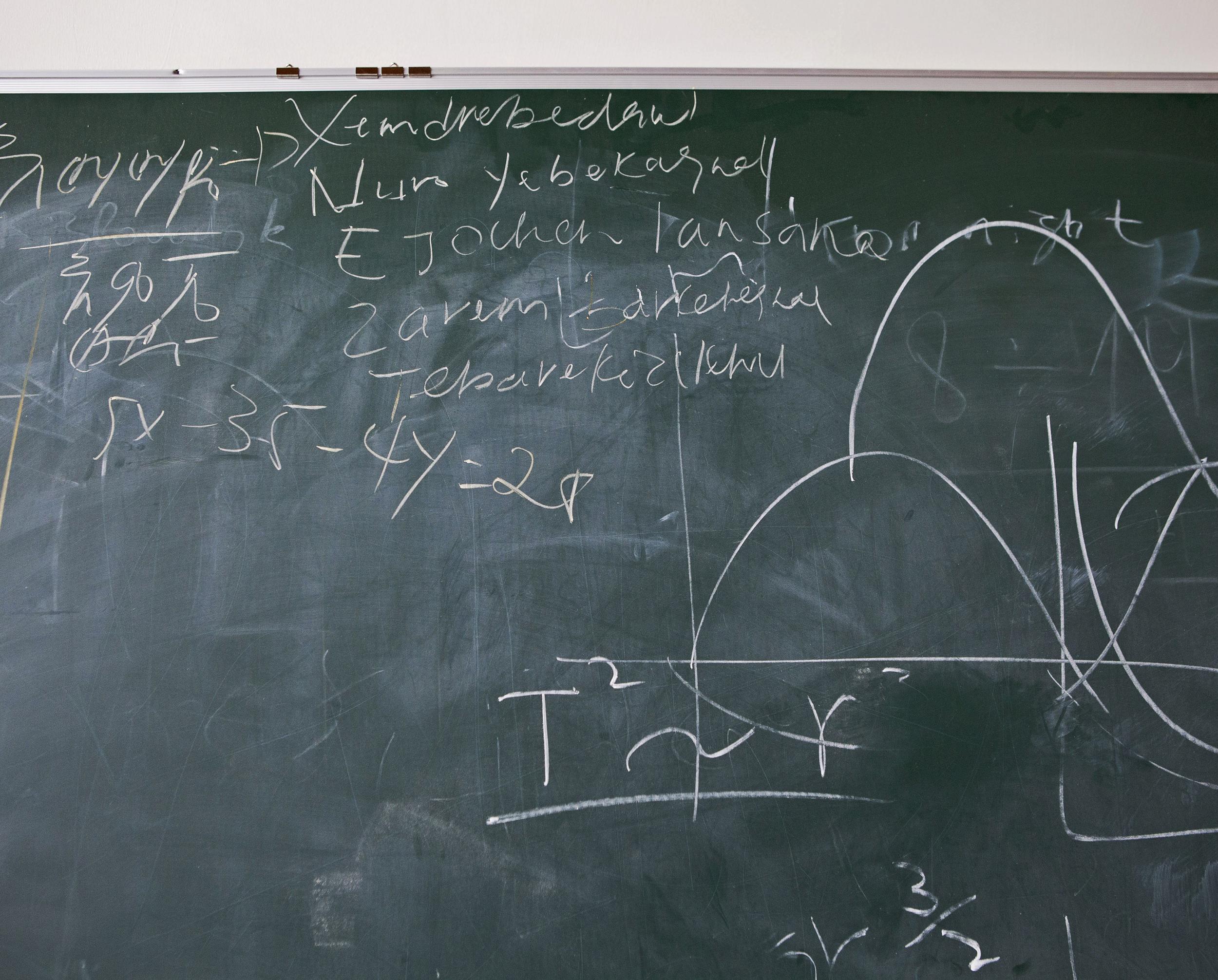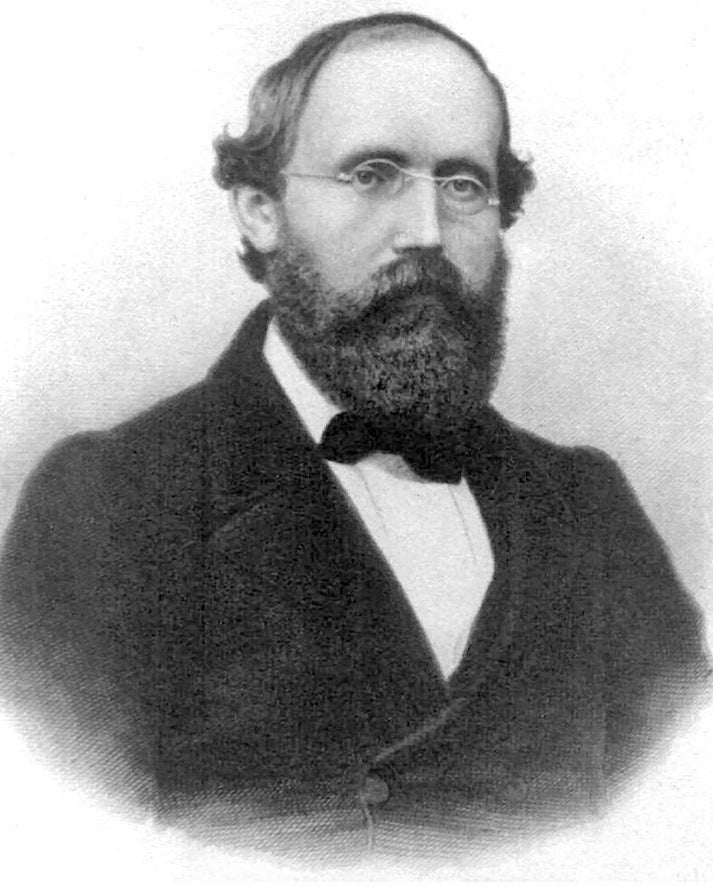Riemann Hypothesis solved: Nigerian professor Opeyemi Enoch cracks 156-year-old maths problem
The mathematician is the first to solve the connudrum since it was first proposed by Bernhard Riemann in 1859

Your support helps us to tell the story
From reproductive rights to climate change to Big Tech, The Independent is on the ground when the story is developing. Whether it's investigating the financials of Elon Musk's pro-Trump PAC or producing our latest documentary, 'The A Word', which shines a light on the American women fighting for reproductive rights, we know how important it is to parse out the facts from the messaging.
At such a critical moment in US history, we need reporters on the ground. Your donation allows us to keep sending journalists to speak to both sides of the story.
The Independent is trusted by Americans across the entire political spectrum. And unlike many other quality news outlets, we choose not to lock Americans out of our reporting and analysis with paywalls. We believe quality journalism should be available to everyone, paid for by those who can afford it.
Your support makes all the difference.A problem that has been confounding mathematicians for more than 150 years may have been solved by a Nigerian university professor.
Dr Opeyemi Enoch, from the Federal University in the city of Oye Ekiti, is thought to have solved the Riemann Hypothesis - which has left mathematicians scratching their heads since it was first proposed by German Bernhard Riemann in 1859.
He presented his proof at the International Conference on Mathematics and Computer Science and, if he is proved correct, could win $1m (£657,000) for his troubles.
The Riemann Hypothesis is known as one of the seven millennium problems in mathematics.
In 2000, the Clay Mathematics Institute in the US launched a prize fund for anyone who solved seven mathematical problems that have been puzzled over for years.

If Dr Enoch’s Proof is accepted, he will be the first person to solve a problem since the prize was founded.
The problem concerns the distribution of prime numbers and is arguably the most famous problem in mathematics since the Fermat’s Last Theorem was solved by Dr Andrew Wiles in 1994.
Dr Enoch told the BBC World Service that he had been motivated to solve the problem by his students.
He said: “The motivation was because my students trusted that the solution could come from me - not because the financial reward and that was why I started trying to solve the problem in the first place.”
In a statement, the university said: “Dr Enoch first investigated and then established the claims of Riemann. He went on to consider and to correct the misconceptions that were communicated by mathematicians in the past generations, thus paving way for his solutions and proofs to be established.”
Join our commenting forum
Join thought-provoking conversations, follow other Independent readers and see their replies
Comments